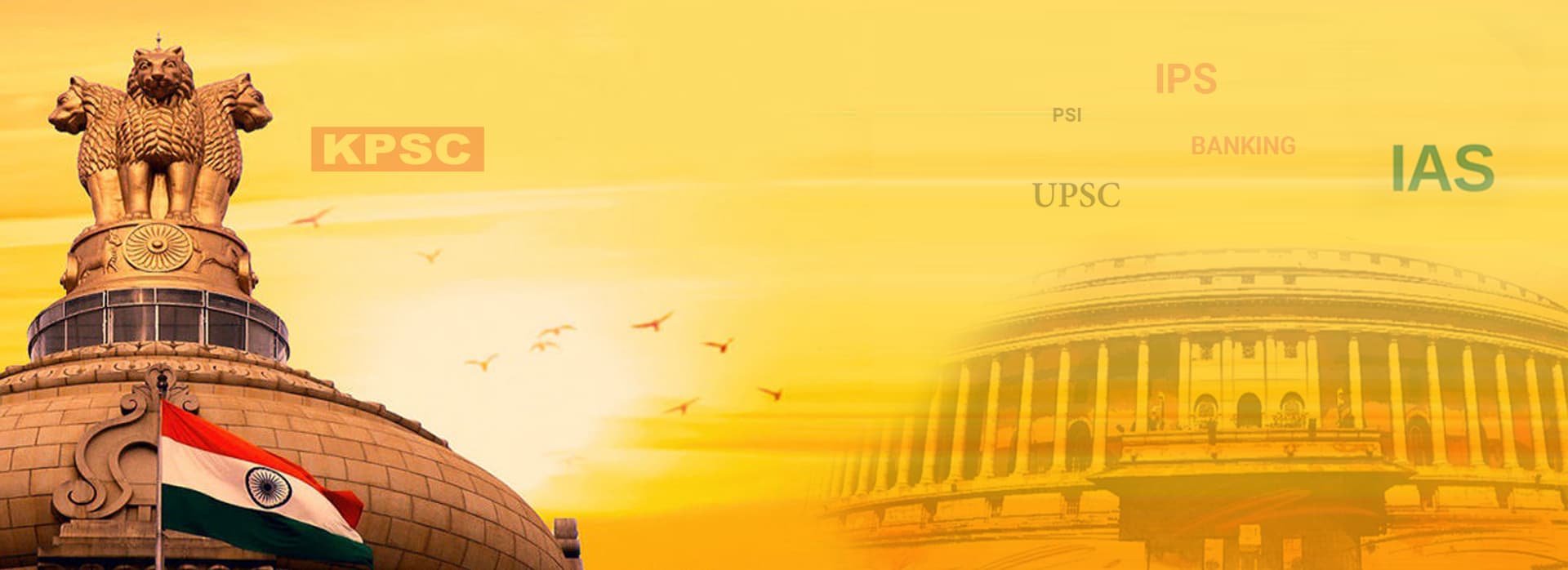Economy
Economics is a key subject in competitive exams like UPSC, KPSC, SSC, Banking, RBI, and State PSCs, as it helps candidates understand the financial, industrial, and policy-making aspects of a country. A strong grasp of economic concepts, fiscal policies, banking systems, and international trade is essential for General Studies, Current Affairs, and Interview rounds.
2️⃣ Important for Banking & Financial Sector Exams
- Fundamental for IBPS, RBI, NABARD, and SEBI exams, where monetary policy, financial markets, and banking regulations are tested.
- Concepts like Repo Rate, Reverse Repo Rate, CRR, SLR, and Digital Banking are essential.
1️⃣ Essential for General Studies & Current Affairs
- Covers Micro & Macroeconomics, National Income, and Economic Planning.
- Topics like Inflation, GDP Growth, Fiscal Deficit, and Budget Policies frequently appear in exams.
2️⃣ Important for Banking & Financial Sector Exams
- Covers Micro & Macroeconomics, National Income, and Economic Planning.
- Topics like Inflation, GDP Growth, Fiscal Deficit, and Budget Policies frequently appear in exams.
3️⃣ Helps in Understanding Government Schemes & Policies
- Knowledge of Union Budget, Economic Surveys, and Five-Year Plans aids in answering economy-related questions.
- Covers welfare schemes, poverty alleviation programs, and taxation policies (GST, Direct & Indirect Taxes).
4️⃣ Essential for International Trade & Economic Relations
- Topics like Balance of Payments (BoP), WTO, IMF, World Bank, and Globalization are important.
- Helps in understanding FDI, FII, Exchange Rate Systems, and Trade Agreements.
5️⃣ Scoring & Concept-Based Subject
- Unlike subjective topics, Economics relies on concepts, data interpretation, and policy analysis, making it easier to score in competitive exams.
- Helpful for essay writing, analytical questions, and policy discussions in Mains & Interviews.




